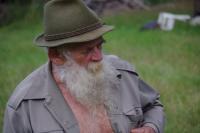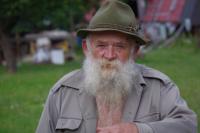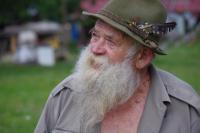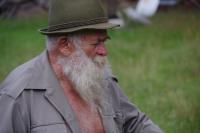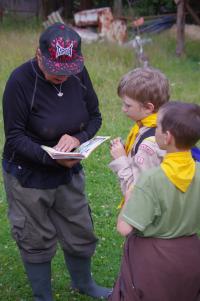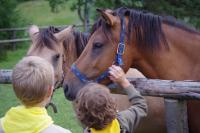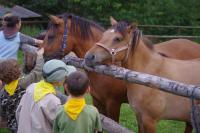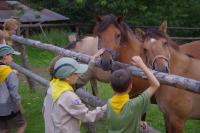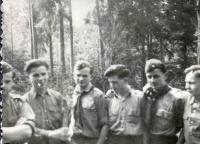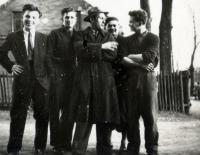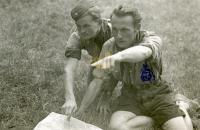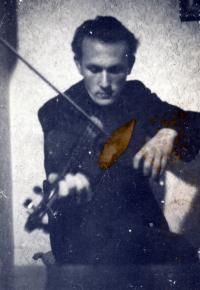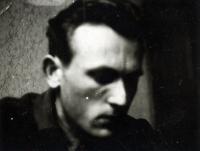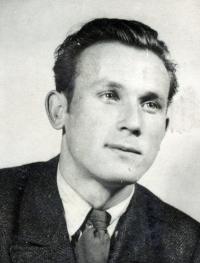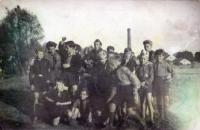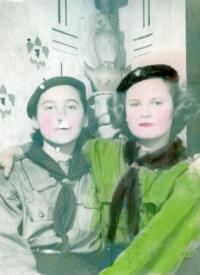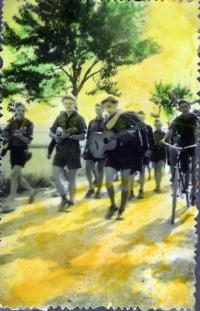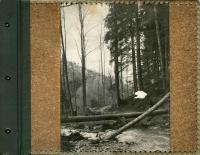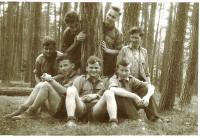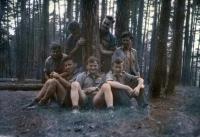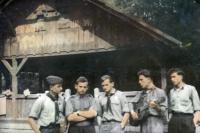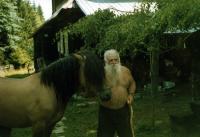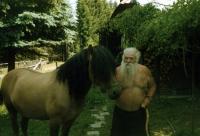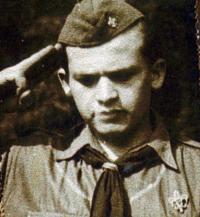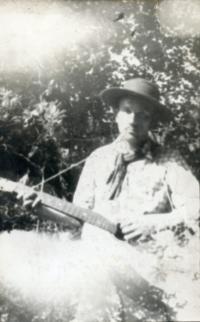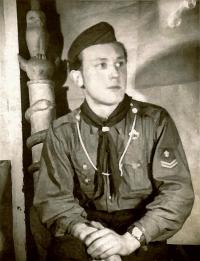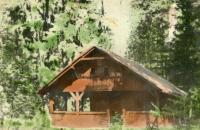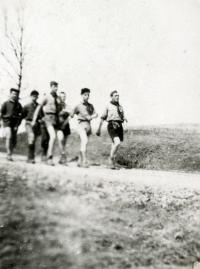As I was reciting my Boy Scout oath, my voice was trembling and I still keep the oath badge even today
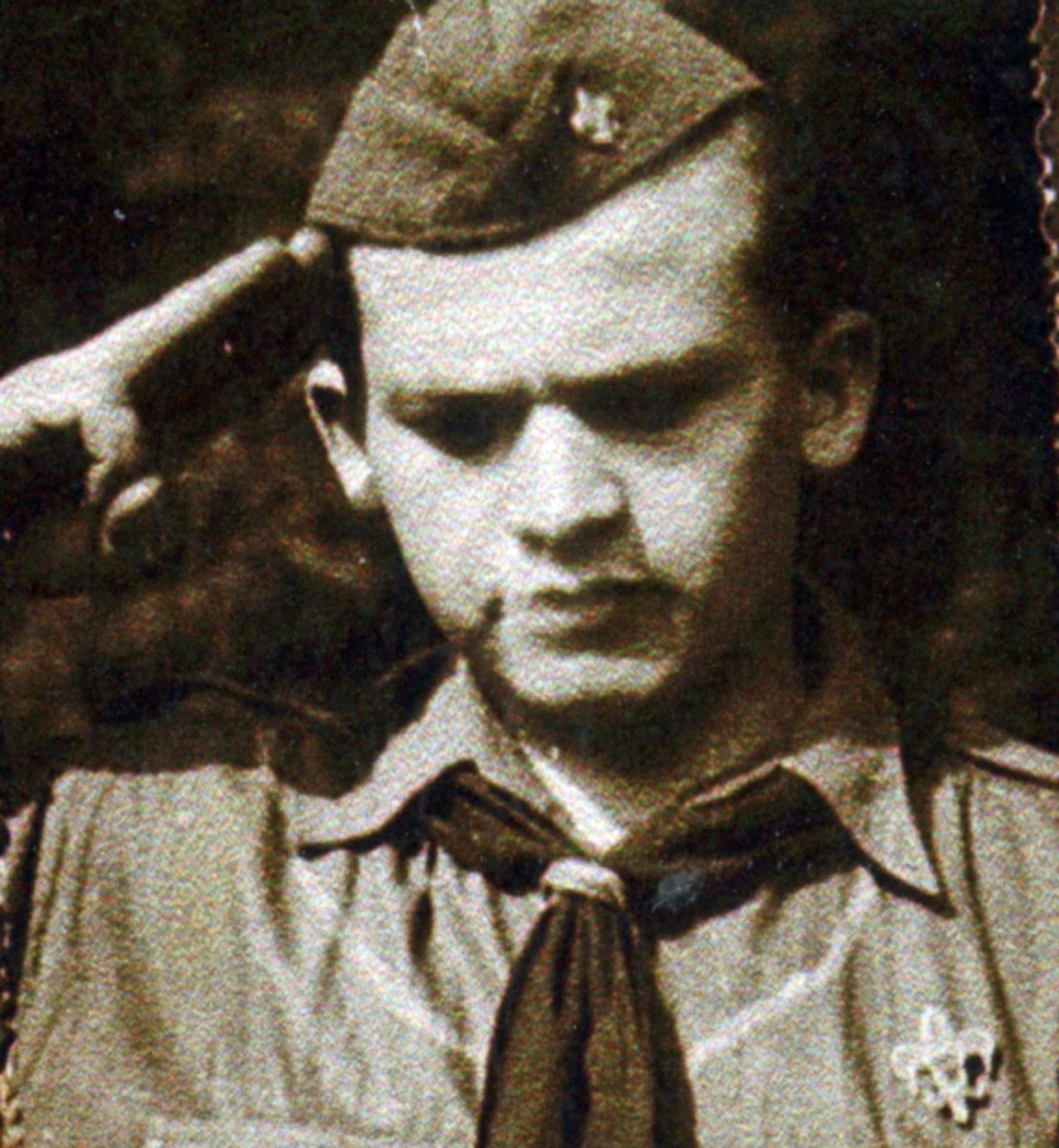
Download image
Miroslav Surovec, Ježek (“Hedgehog”) by his Boy Scout nickname, was born June 20, 1934. His father was a blacksmith. Miroslav grew up at the State Farm in Frýdek. After the war he joined the Boy Scouts, he was a Cub Scout in the troop of brother Lipovčan. He experienced his first Scout camp in Komorní Lhotka, and until 1949 he was a Boy Scout in the 2nd troop in Frýdek. After the war the family began with construction of their house, but the subsequent currency reform devaluated their savings. Miroslav refused to agree with the Soviet invasion after August 1968 and as a consequence he had to leave his teaching job and instead work in a Unified Agricultural Cooperative, because as a non-Party member he had not passed an assessment by a screening committee. After some time he was allowed to start working as a teacher in the vocational school of forestry in Bílá. However, this entailed having to commute to work every day through mountainous terrain, and Miroslav thus rode a motorcycle in summer and he went on skis in winter. In 1979 he returned to the secondary technical school where he then continued teaching until his retirement. The house they had so painstakingly built became demolished when it had to make way for a prefabricated housing estate. He and his father therefore purchased a lodge in Morávka, where he still lives now and where he tends to a small farm and takes care of horses. The local people began to call the place “Surovec’s Place.”
